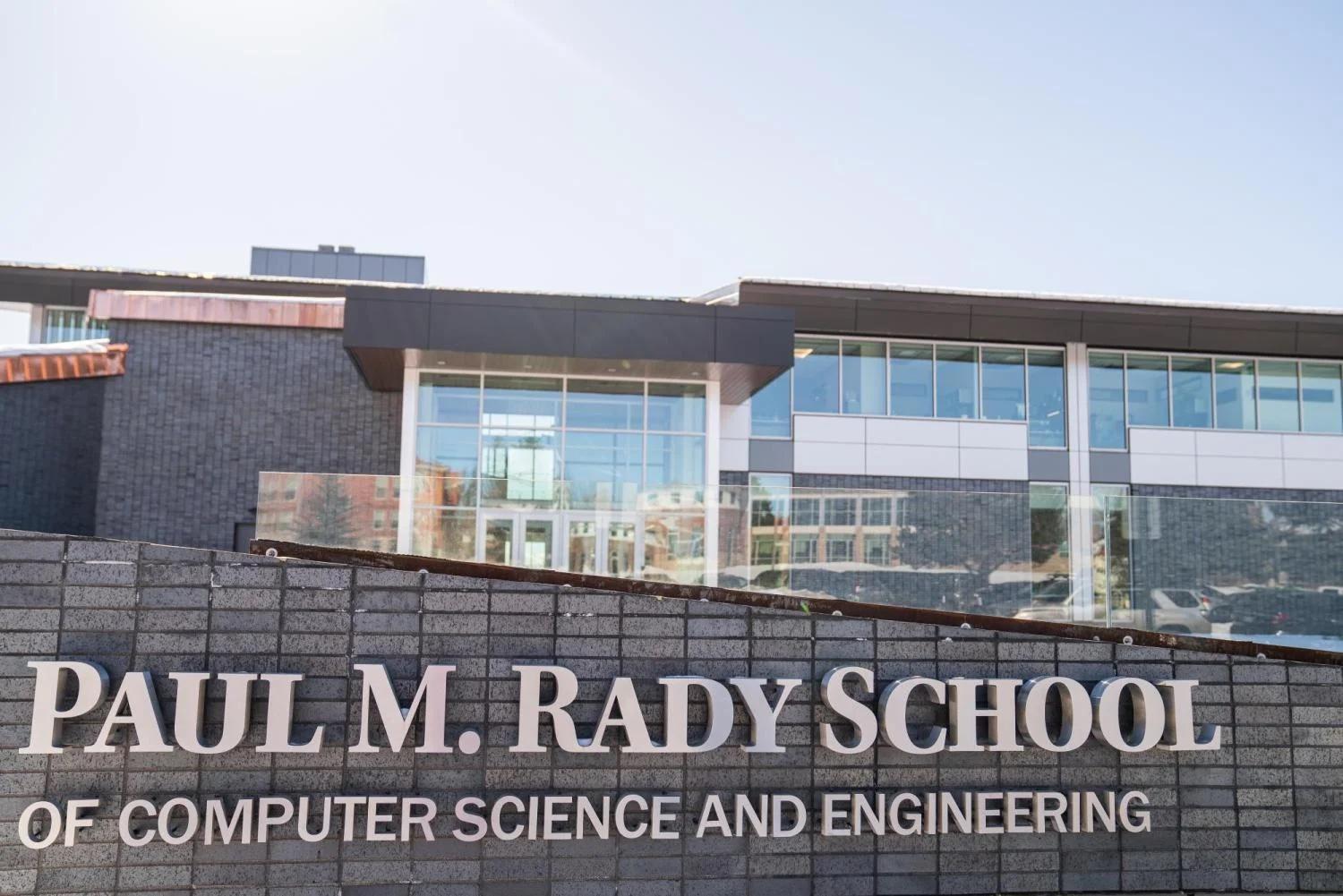Grant will expand entrepreneurial opportunities for partnership program students
The Engineering Partnership Program was recently awarded a VentureWell Grant that will help make innovation and entrepreneurship a key feature of the program.
The program is a collaboration between the Paul M. Rady Department of Mechanical Engineering and Western Colorado University (WCU), which allows students to earn a CU Boulder degree while living and going to school in Gunnison, CO.
The funding will help create a formal pathway to innovation and entrepreneurship through curriculum and experiential learning, with plans to integrate into the broader innovation and entrepreneurship ecosystem that is thriving in the Gunnison Valley, a collection of rural mountain communities in southern Colorado.
For example, a new course called “New Venture Creation” will pair students with local companies and startups, who will provide guidance and mentorship. Together, they will collaborate to solve complex, open-ended design problems based in a real-world context and community development.
New Venture Creation will be cotaught by David Assad, director of the ICELab, an entrepreneurship hub based in Gunnison since 2016. ICELab runs three accelerator programs offering mentorship, capital and connections to investors and business partners.
Two of the accelerator programs work with emerging talent in Gunnison Valley, and the third, named Moosjaw Outdoor Accelerator, invites outdoor brands from around the country to spend five weeks in Gunnison growing their company.
“The IceLab is open to every student at WCU,” said Cooper, “but we want the director to know the students in the Engineering Partnership Program on a first-name basis.”
Cooper also hopes that having experiential learning rooted in a real-world context will help increase the enrollment of underrepresented groups in engineering, including women.
Cooper said sometimes people need context to feel engaged. “Who are you designing this for? Who benefits? Who loses? Who’s not at the table when the decisions are made?” Cooper wants these questions to be at the forefront of every student’s mind as they engage in innovation and entrepreneurship.
One of the biggest changes brought to the program is a new required first-year course. Like the New Venture Creation course, “Introduction to Engineering Design” will design, build and test a product or system that solves a problem provided by a customer or company.
But the collaboration goes beyond Gunnison Valley. The Engineering Partnership Program has established a relationship with Diversa, a non-profit organization based in Bogota, Colombia, with the goal of incorporating environmental and community challenges in Colombia as part of the class focus. Through an extension of the course, called Mountaineers Without Borders, students will be able to travel to Bogota to implement their projects.
“It’s important our students can engage with innovation and entrepreneurship through a lens of social and environmental justice,” Cooper said. “Again, we want to make sure the students know who, and how, their designs impact real people.”
Cooper hopes these new pathways and partnerships to innovation and entrepreneurship will be particularly transformative for students hoping to launch a startup or company upon graduation. Ultimately, the funding from the VentureWell Grant will be used to help students, as they say, “stay in the valley.”


